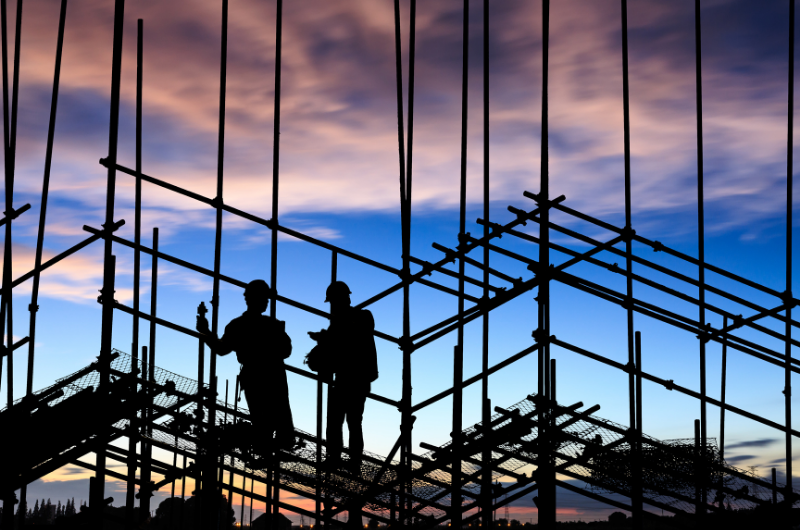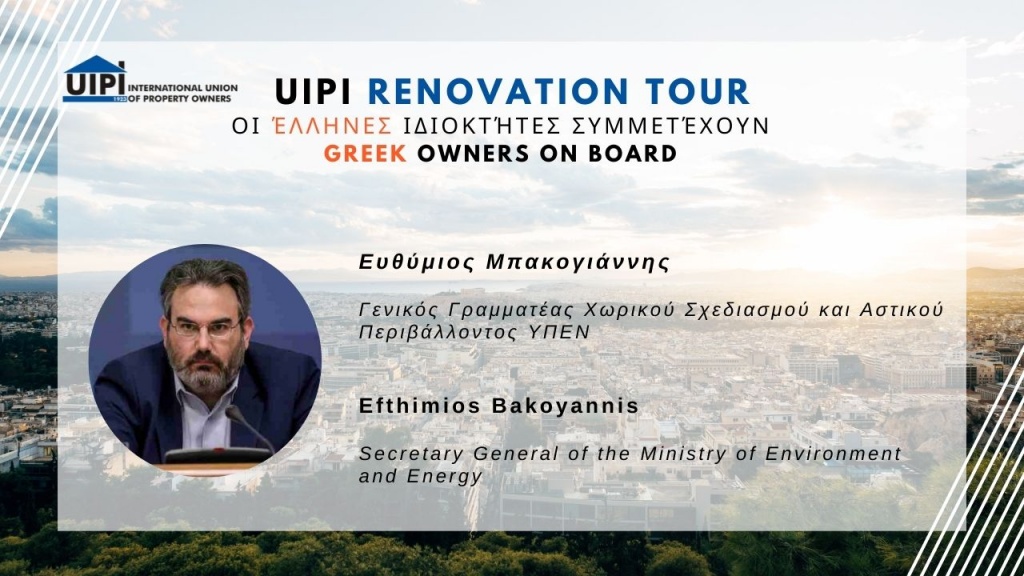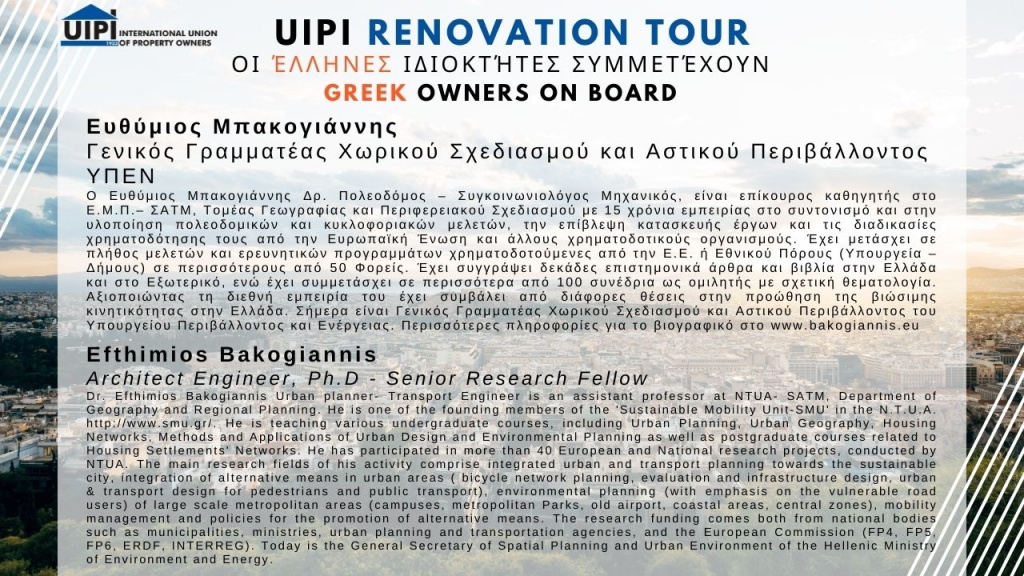The built environment must be a priority for Next Generation EU
December 2020
Brussels, Belgium
On 2 December, the Construction 2050 Alliance brought together experts from all over Europe, including representatives from the European Commission, the European Parliament and national governments. They discussed the important role that the construction sector may play as the European economy recovers slowly from the COVID-19 pandemic. The Alliance’s key message is that the built environment must be a key priority in all national Recovery plans and in the new EU funding initiatives.

As in our fight against climate change, for which the construction ecosystem plays a key role, the built environment provides solutions to mitigate the impact of the pandemic. Indeed, while it was estimated that on average European citizens spend more than 90% of their time indoors, this has significantly increased as confinements and curfews have become the new norm. Living in safe, healthy, properly ventilated and energy efficient buildings is thus crucial for EU citizens, the economy, and the planet.
It is for the reasons highlighted here above that, the members of the Construction 2050 Alliance held a high-level discussion on the role that the built environment should play in the post-COVID-19 recovery, more specifically, its weight in future decisions on European funding in response to the pandemic.
This first public event of the Construction 2050 Alliance allowed for open and transparent exchanges between Member States representatives, Members of the European Parliament (MEPs), high-level Commission officials, as well as European construction experts.
Whilst Member States presented their plans for the built environment in their respective national strategies under the new recovery instrument, “Next Generation EU”, the European Commission confirmed that construction may be prioritised in the national Recovery Plans as it can play a key role in the recovery and resilience of the EU’s economy. However, this must be requested by Member States that have full ownership of their national Recovery Plans and should be the result of a consultation exercise with national stakeholders. On the same line, MEPs Iskra Mihaylova (Bulgaria, RE) and Pernille Weiss (Denmark, EPP) suggested that national debates feed each other through an exchange of best practices on effective policy measures.
The representatives of the Alliance stressed that investments in the renovation and modernisation of the European buildings and infrastructure will deliver positive results in terms of health, comfort, adaptability and environmental impacts. Such investments offer key opportunities for a built environment that would be more resilient, safer, more comfortable, more cost-efficient and sustainable. Therefore, the 47 EU associations that form the Alliance call together for the built environment to be a key priority in all national recovery plans and in the new EU funding initiatives.




